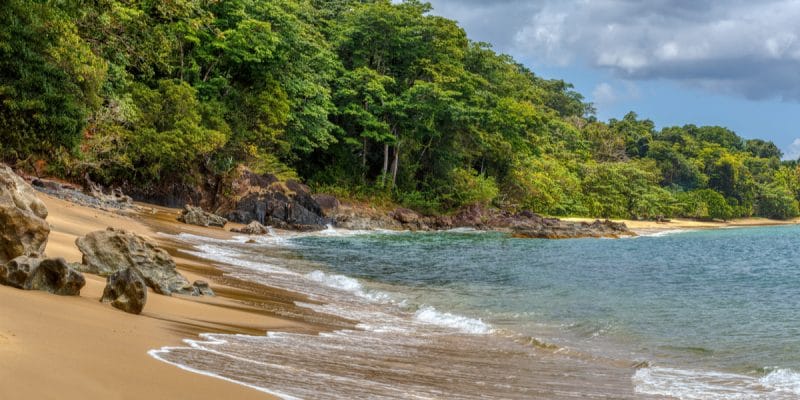The case between Sustaining the Wild Coast (SWC) and the oil company Shell will be heard on 30 May 2022. The Anglo-Dutch oil company is being sued for its plans to conduct seismic tests on the wild Mpondoland coastline in south-east South Africa, a vital whale breeding area.
Sustaining the Wild Coast (SWC), an environmental organisation that campaigns for the protection of the coastal villages of eastern Mpondoland in South Africa, has not completed its campaign against Shell. The Anglo-Dutch oil giant was taken to court last year over its plans to conduct seismic tests on the wild Mpondoland coastline, a vital whale breeding area.
Shell’s project would involve the explosion of sound waves in a relatively pristine marine environment. SWC also reveals that Shell did not consult meaningfully with the rural communities that would be affected by the seismic survey. This led the court to temporarily halt Shell’s activities. A new court hearing is taking place on 30 May 2022, when SWC’s lawyers are demanding a court order to halt Shell’s seismic plans in Mpondoland.
The first campaign to follow in Africa in 2022
SWC’s online petition against Shell’s seismic testing project has already gathered over 32,000 signatures. On World Africa Day, 25 May 2022, the StopCambo initiative, known for its activism against oil projects in the UK, has ranked the campaign against Shell’s seismic project in Mpondoland as one of the top five environmental campaigns to watch in Africa in 2022.
Read also-TOGO: a coastal protection mechanism to counteract coastal erosion
Mpondoland is a mountainous region whose main vegetation is thorny grassland, with subtropical evergreen forests in the wet coastal valleys. It is one of the few wild coasts in South Africa. Little affected by human activities, the region is inhabited by the San and Khoikhoi, two indigenous peoples with a respectful way of life.
Boris Ngounou







